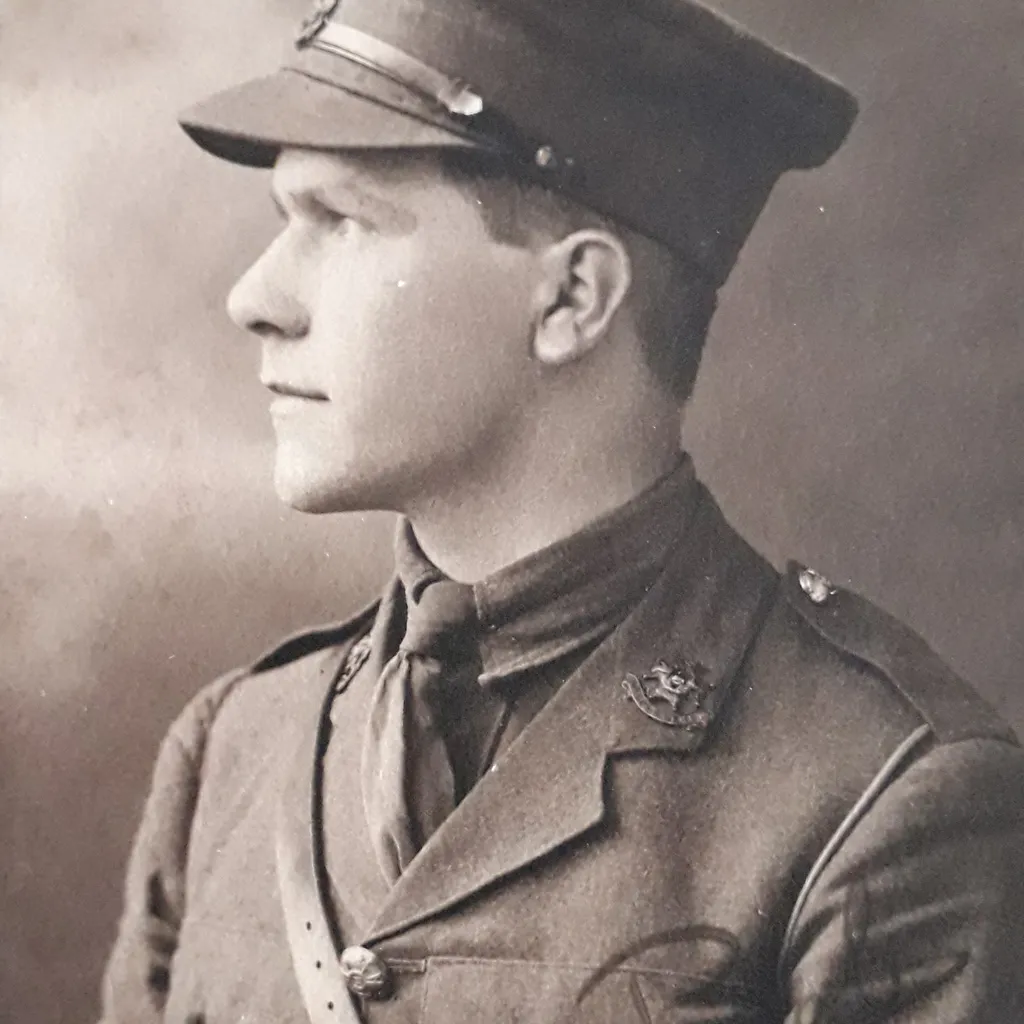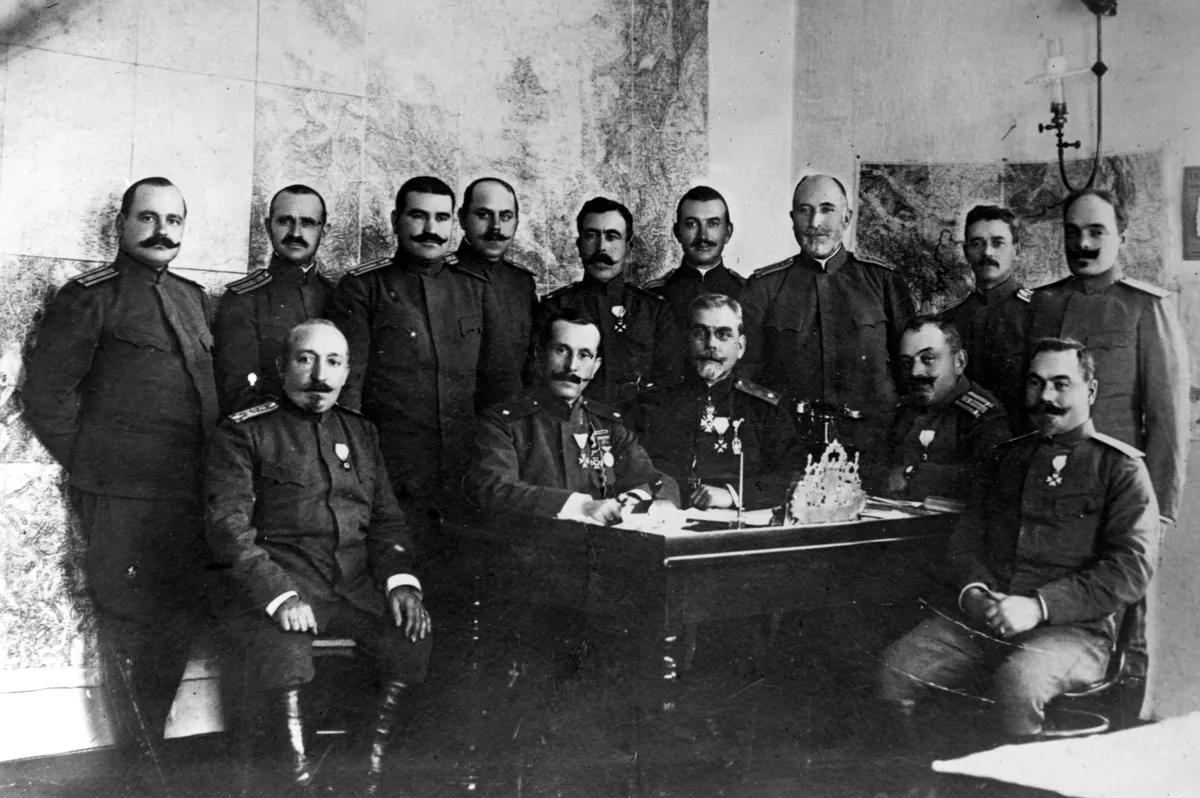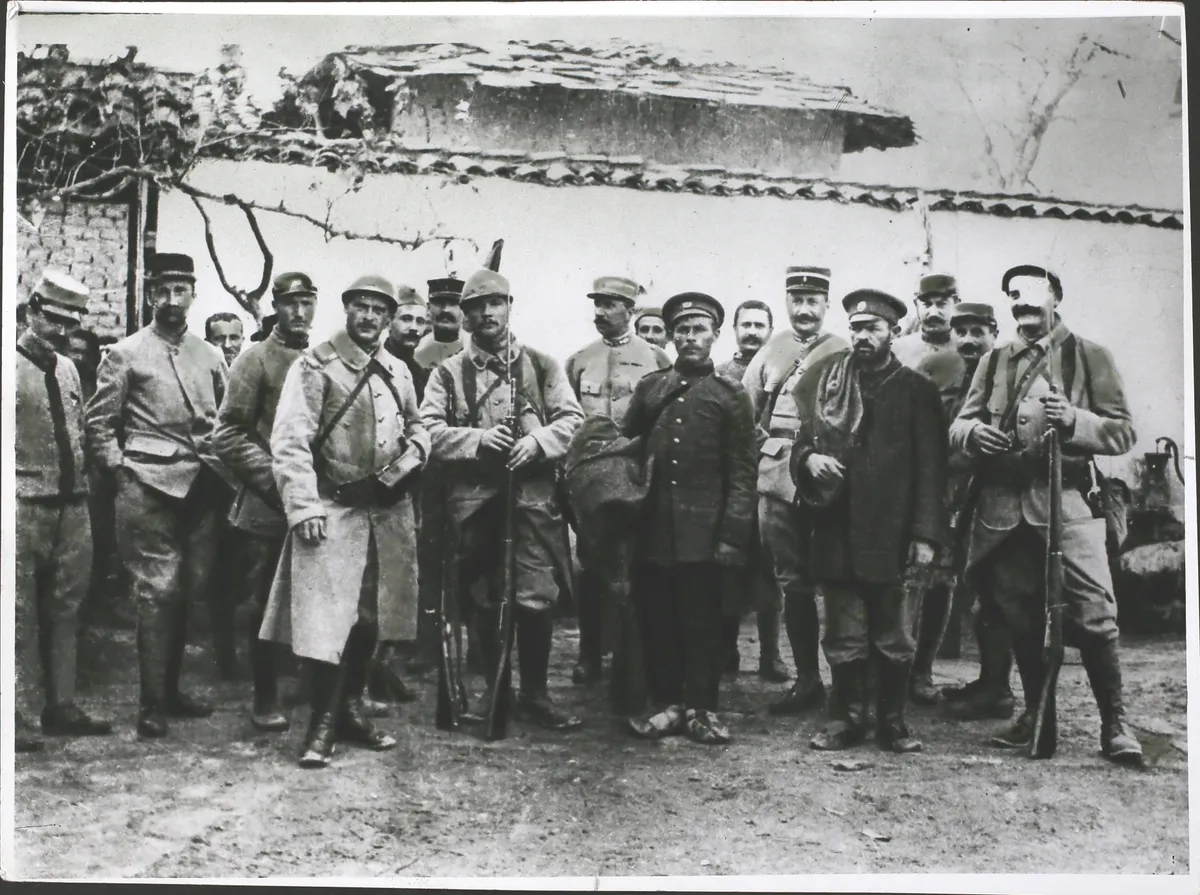A commonly held view of family history is that it is about discovering only minor matters: history on the small and personal level, encompassing the toils, the joys, and the troubles of ‘ordinary’ people. All of it fascinating, revealing, and engaging, but, nevertheless, a pursuit of microhistory. Right? The answer is yes, it is all that in part, but sometimes it can also provide us with a much larger story, something that genuinely changes our understanding of wider history and of world events. Using the same research techniques, the same archives and resources, pursuing ‘ordinary’ individuals, can deliver truly headline results.
Here is a good example. A few years ago I needed further information on two middle-ranking British diplomats whose duties led them to be on the periphery of an unsolved murder I was researching, a notorious crime that took place in China in the 1930s. So although not actually a personal family history project, it was an investigation that involved many of the self-same methods, including employing the same extensive search-engine facilities that have revolutionised genealogy in recent years: army service records, civil registration entries, census recordss, passengers lists, electoral rolls, old newspapers; an ever expanding list of resources. All of which is now standard stuff for today’s family history research, and, after a bit of lateral-thinking, it provided me with the links I needed to both identify and trace living descendants of my subjects. After all, the men were bound to be someone’s great uncle or great grandfather. And indeed they were. The gratifying result was the unearthing of preserved letters and personal memoirs of men now long dead.
Did any of this this help reveal more about the murder in China? Sadly, no it did not. But what it did reveal were the details of a far greater story. It transpired that twenty years before their time in China, both men - David Cowan and Robert Howe - had served in World War One as junior British officers on the now almost forgotten Macedonian front on the Balkan peninsula.

Though attached to different units, both were shot and wounded and taken prisoner by the Bulgarians during the early stage of the campaign in December 1915. The two met as prisoners-of-war at an enemy prison camp. There, much to their captives’ consternation, the pair set about a series of audacious escape attempts, including walking virtually barefoot over mountain ranges while dodging wild bears; and running across river plains while evading shotgun-wielding farmers bent on a bounty. They were caught each time, but it was gripping stuff. Then, in September 1918, after nearly three years of wildly varying incarcerations, the friends’ luck changed for the better.

Hearing rumours that the Macedonian front had collapsed, on this occasion Cowan and Howe simply announced to their resigned captors that they were leaving the camp. No one stopped them. The pair then spent several days travelling a hundred miles over chaotic roads and rail lines jammed with an enemy army in a rebellious retreat. Largely ignored, they headed not south toward the advancing Allied forces, but instead west toward Sofia, the enemy’s capital, and a city engulfed in political turmoil.
Arriving at a frenzied rail station, they caught a horse-drawn cab to the nearly deserted Ministry of War building. There, despite their less than orderly attire, they brazenly announced to its staff that they were British officers and were taking control of the city in the name of His Majesty the King. No one raised an objection. With their authority established, a ministry car and driver were summoned to take the pair to the city’s Grand Hotel, where they demanded and were provided with the best rooms the establishment possessed. An hour later, having washed and shaved, they entered the hotel restaurant, only to find it full of senior German officers gloomily eating their dinner. The hotel, it transpired, happened to serve as the German regional headquarters. Undeterred, the pair informed the maître d' that they required the head table and would the two gentlemen currently seated there kindly vacate it, at which the German officers concerned rose wordlessly from their seats. Rubbing salt into the remaining diners’ wounds, one of the chums then raised a toast to the victorious Allies.
“It was a great moment,” remembered Howe. “One of the greatest moments of my life - perhaps never again one like it. One of those moments when you know there is nothing you cannot do, when no obstacles exist, when no one can touch you.”
A great moment, indeed. And yet, though they did not yet realise it, Cowan and Howe had so much more to relate. They had experienced a very peculiar captivity in Bulgaria, one of extremes, ranging from internment in the worst of punishment death-camps to that of living in a village in virtual freedom among its peasant folk. But their survival tale was merely a backdrop to their unique eye-witness accounts of a cunning act of internal Balkan propaganda, known as the Contract, one that triggered not only rebellion in Bulgaria, but also acted directly as the catalyst for German defeat and the road to the armistice of November 11.
I kept searching. Both the letters home and the memoirs were corroborated by a 1931 Foreign Office file I found at the UK National Archives in Kew. Within a slim document, unpromisingly archived under the title Miscellaneous, was an inexplicably neglected report from Cowan explaining how he had witnessed something of great significance among the common people.
“The story [among Bulgarian folk]” Cowan wrote, “was a very short and simple one. It was this: our contract with the Germans is for three years only [a mistaken belief that was based upon pure propaganda] … [and] that the men at the front definitely did not intend to carry on after the three-year limit had been reached ... from what I saw of the troops of the neighbourhood where I was there seemed little doubt of the fact that they had simply left the front with the one object of returning home.”

Cowan went on to describe how this mass Bulgarian desertion in September 1918 coincided with the very day the unknowing Allies were beginning their offensive to the south. The Contract made the difference between Allied success or failure. The result was the complete collapse of the Macedonian front, the news of which soon had a dramatic effect on Berlin, propelling Germany’s panicked leadership into seeking an immediate armistice. A mere six weeks later the entire war was at an end. The information casts an entirely new light on the conflict’s final months.
A good adage, therefore: when researching family history, have a mind that you never know what else you may discover. Search among the small and insignificant, and you may stumble across the large and momentous. The result in this particular case is the publication of the book The Bulgarian Contract: The Secret Lie that Ended the Great War, a tale of wild bears, champagne toasts, and the until now hidden cause of the end of the most catastrophic war the world had yet experienced.
Read more of Cowan and Howe’s story on The Bulgarian Contract website.